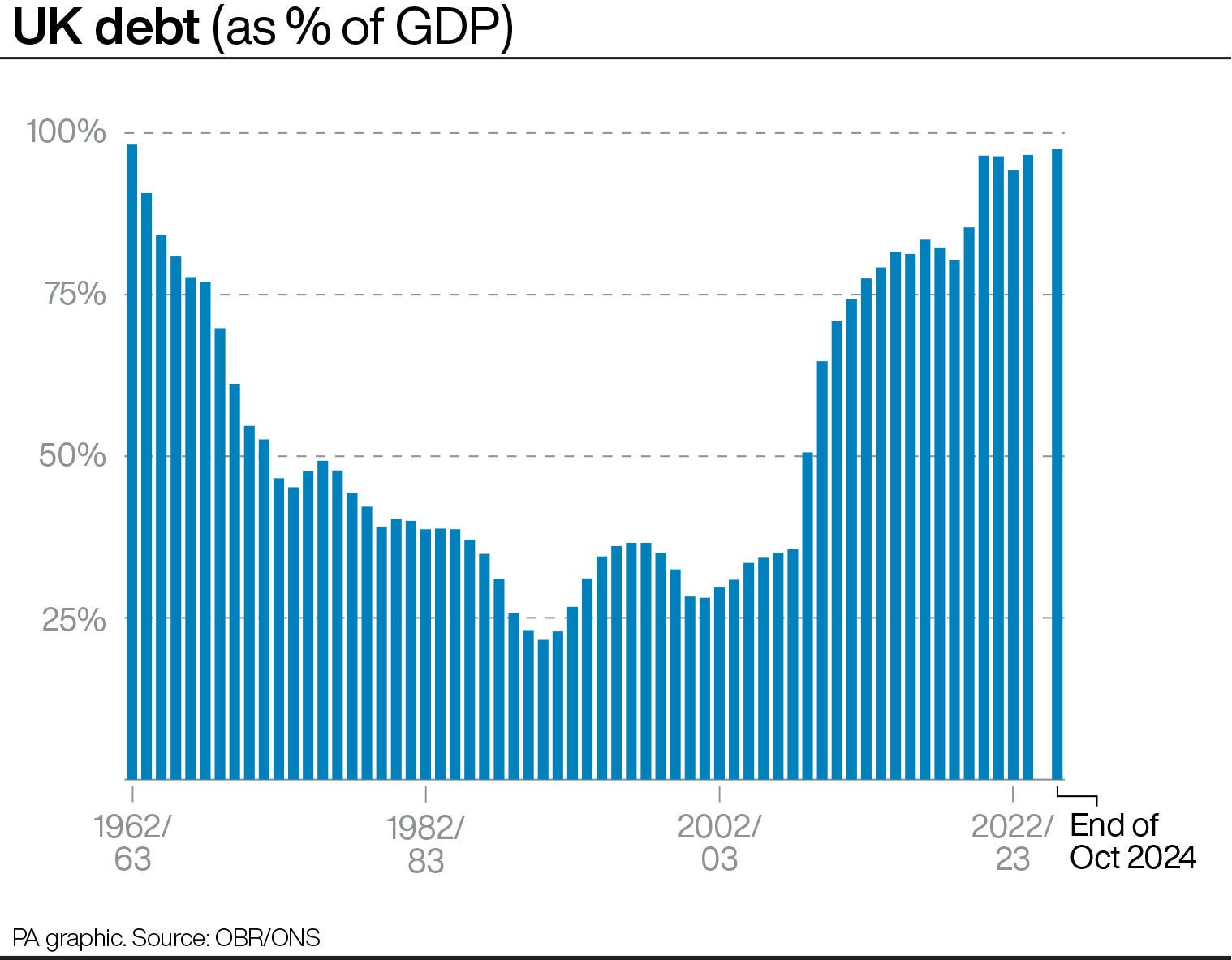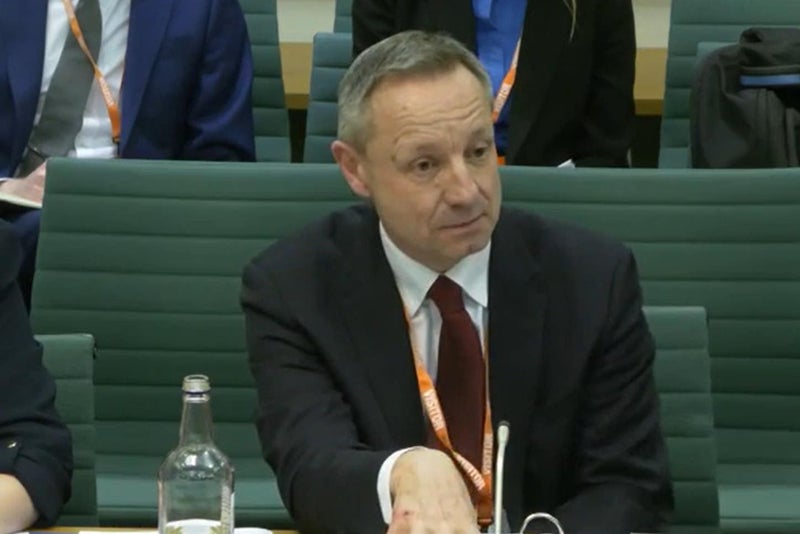ECB faces tough task after flip in fortunes for eurozone economies
Share:
Economists say EU countries hardest hit by 2010s debt crisis now in stronger position than France and Germany. The European Central Bank is facing a tough balancing act in 2025 as it tries to navigate a reversal of fortunes in eurozone economies, as the hardest hit nations of the 2010s debt crisis outperform the traditional core.
Highlighting a potential shift in power dynamics within the single currency bloc, economists said countries in the EU periphery ravaged by last decade’s sovereign debt crisis were in a stronger position than northern Europe’s most powerful nations, including France and Germany.
In a marked turnaround from a decade ago, Portugal, Ireland, Greece and Spain are among eurozone nations expected to grow by at least 2% in 2025 – more than double the rates forecast for France and Germany by the Organisation for Economic Co-operation and Development (OECD).
Carsten Brzeski, the global head of macro research at the Dutch bank ING, said: “They have flipped. There are two sides to that story. One is the positive side; that the south has been doing much better in recent years. And then there is the weakness of the north.
“In the euro crisis 10 years ago, we had all the moral attitudes of my fellow citizens from Germany – on how the Greeks should become more German. Now it’s a blessing not to be German, at least when it comes to the structure of your economy.”. Germany’s economy skirted close to recession in the second half of 2024 amid mounting political turmoil and a collapse in industrial output as the country struggled to adapt to the weakness in demand for its exports from China, as well as growing domestic competition from Chinese carmakers targeting the EU market. It has also faced soaring inflation and the loss of cheap Russian gas, which the country’s dominant industrial base had grown to rely on before Vladimir Putin’s invasion of Ukraine.






















